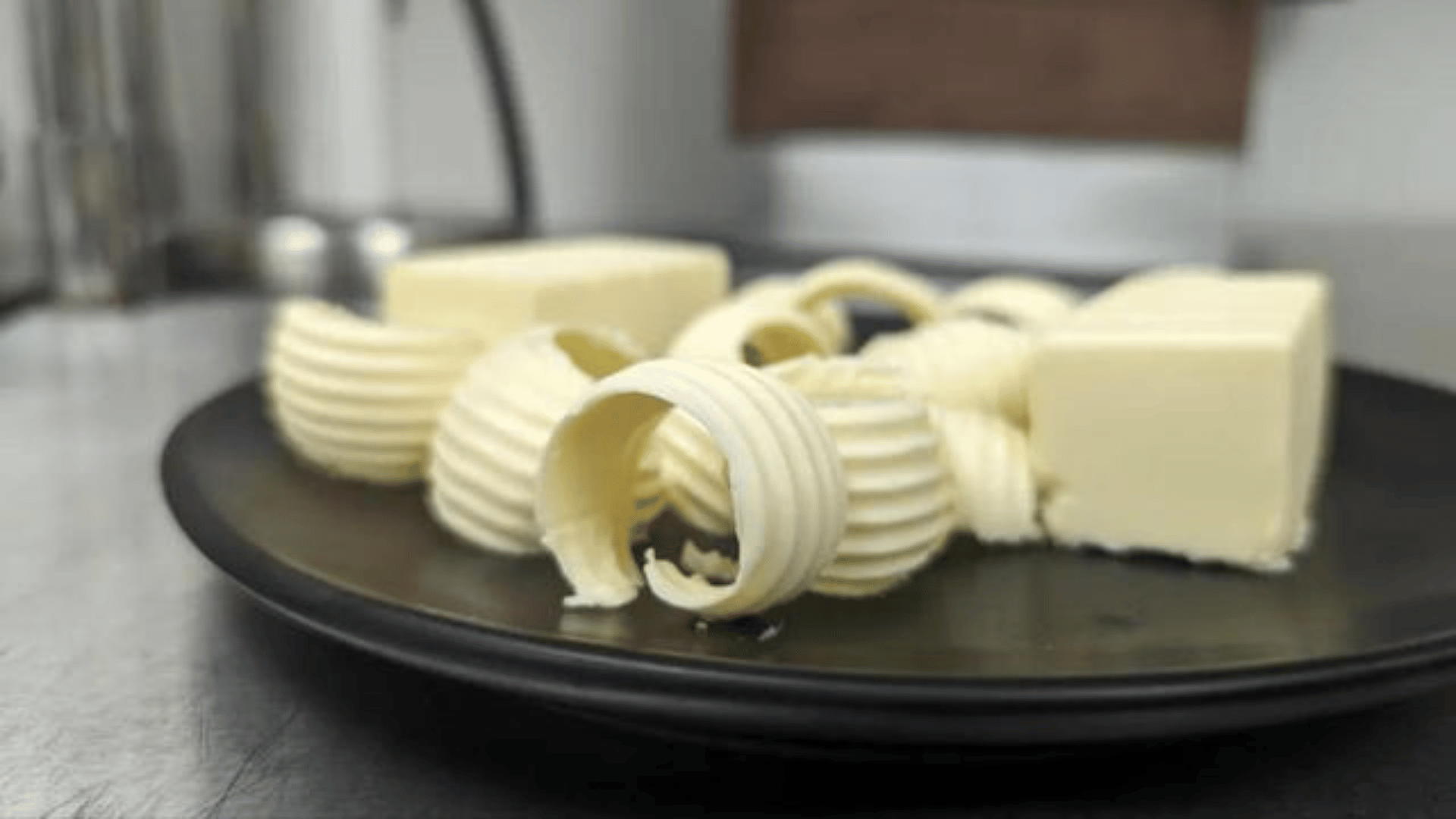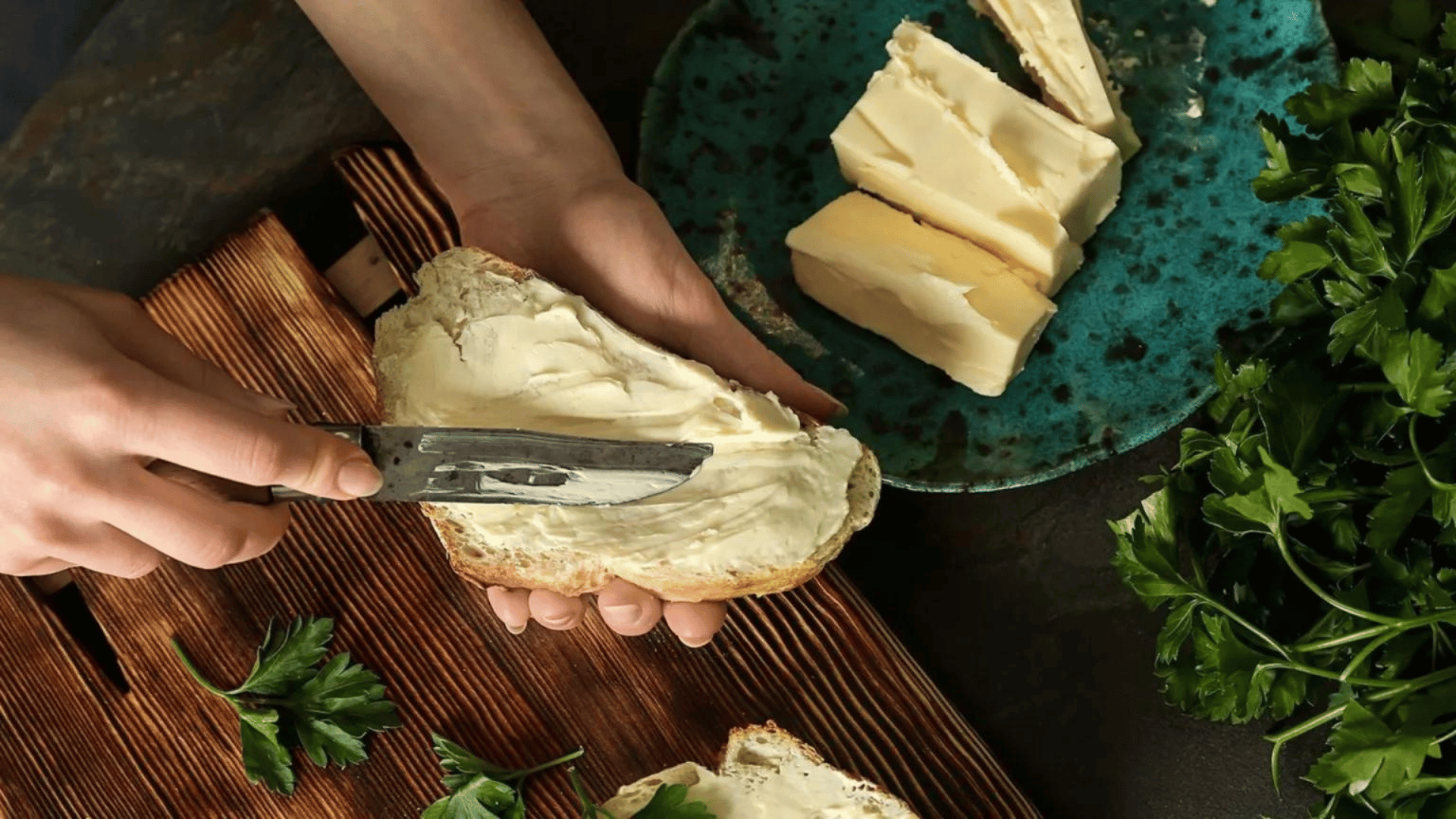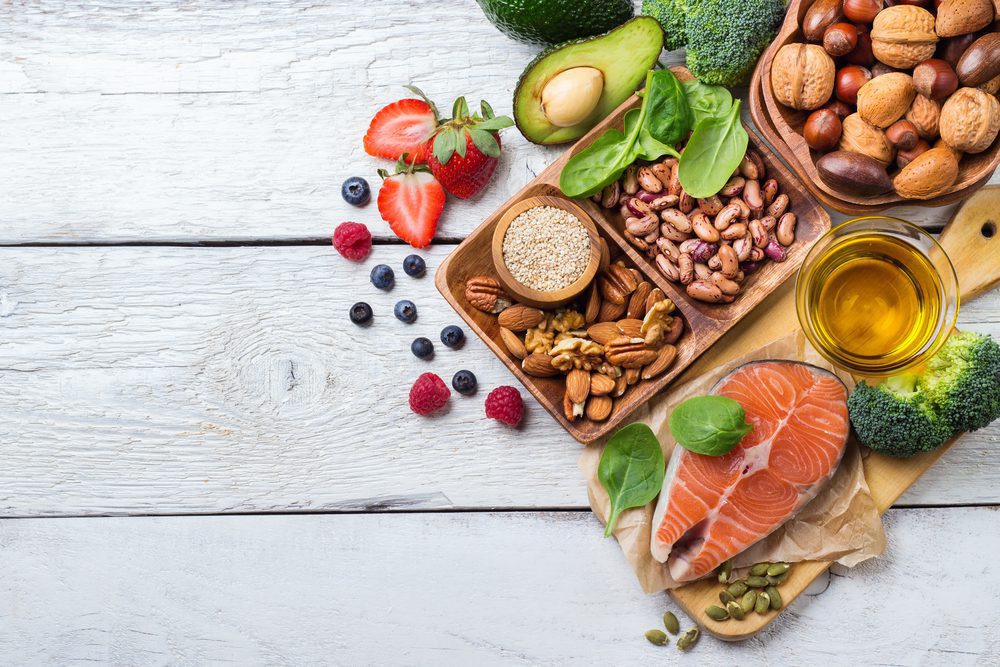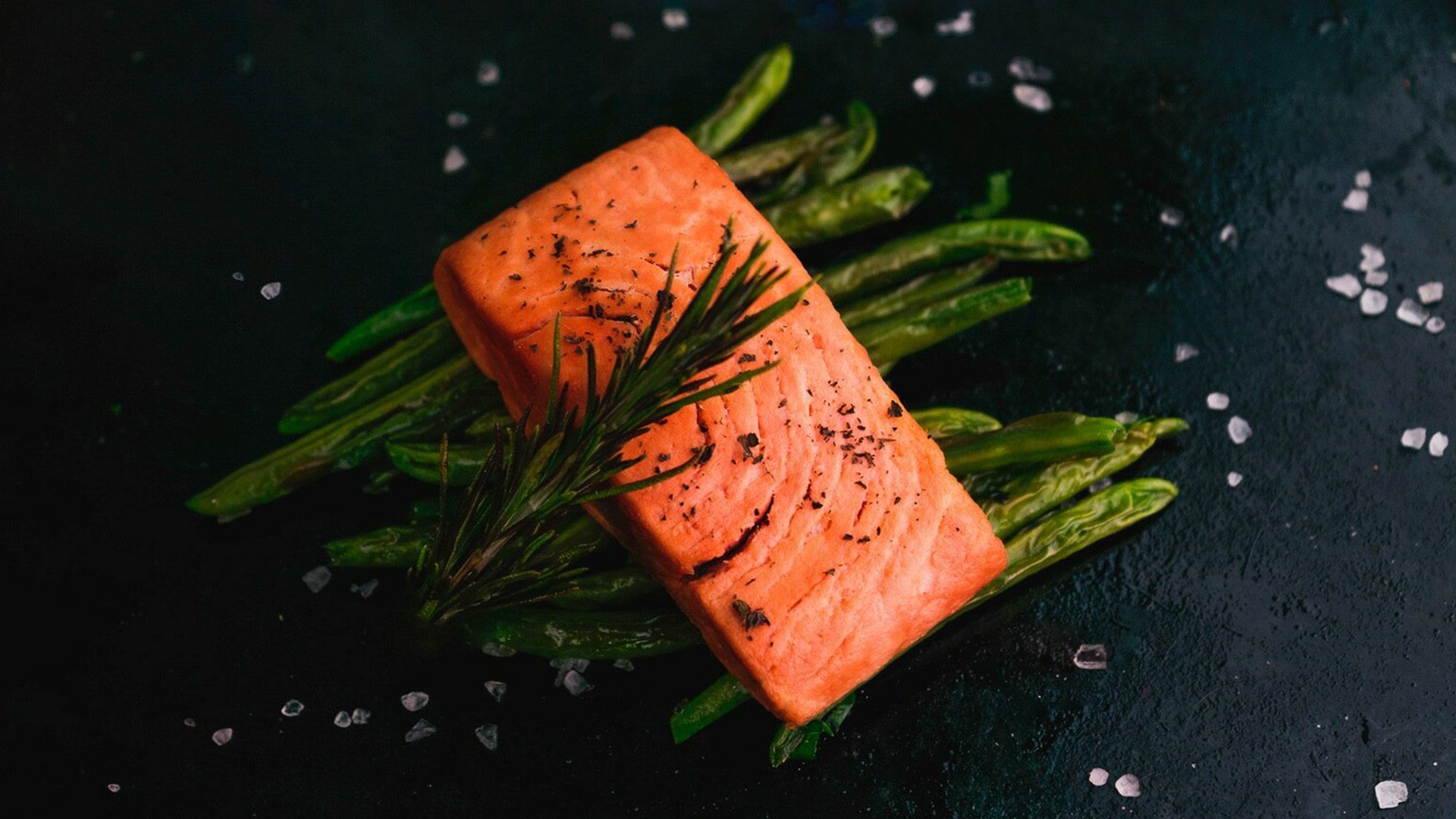California-based Savor is turning CO2 from the air into butter in the lab, just one of their many other fat-based products.

Though many plant-based alternatives are being developed, they struggle to capture the taste and texture of animal-derived products, and creating products such as palm oil comes with heavy amounts of deforestation.
According to the company website, fat has a fixed chemical formula and uses carbon dioxide as a starting point to build fat molecules using heat and hydrogen. Savor’s technology combines these elements as fats and oils are made from chain-like arrangements of carbon, hydrogen, and oxygen.
Chemical synthesis of dietary fats using this approach can be achieved with emissions of less than 0.8 g CO2 equivalent per kilogram. Similarly, palm oil produced in Brazil or Indonesia emits more than 1.5 g CO2 equivalent per kg.

Savor has stated that its new technology could be used to make butter and other animal-derived fats, such as cheese or milk. The company plans to eventually use this approach to create products like ice cream and edible oils.
This technology is also highly scalable and could be deployed to replace various animal-derived fats. The next step is convincing the world to adopt the new method, which will come down to pricing, as livestock farming is inexpensive compared to more environmentally friendly options.
“The idea of switching to lab-made fats and oils may seem strange at first,” Bill Gates wrote in a blog post earlier this year. “But their potential to significantly reduce our carbon footprint is immense. By harnessing proven technologies and processes, we get one step closer to achieving our climate goals.“







